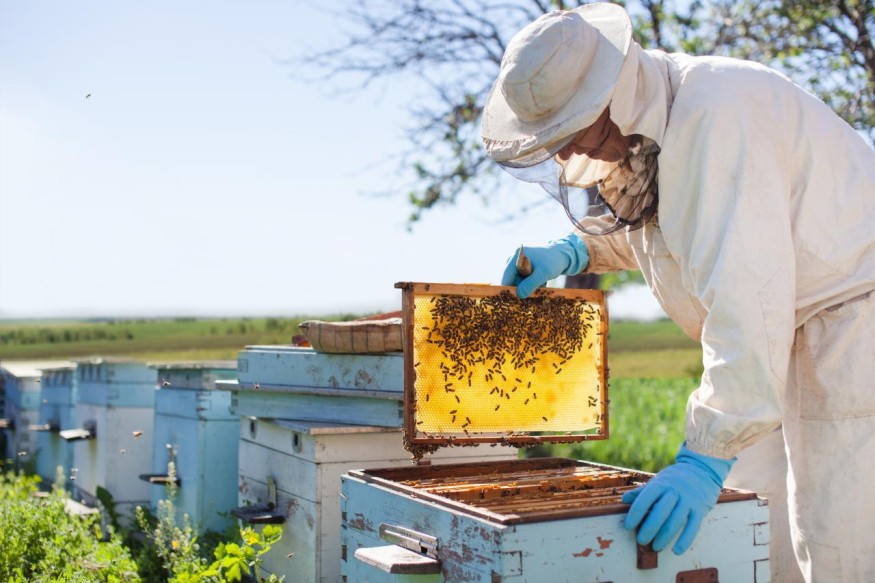
As kids, we looked at bees like scary little bugs that can sting us. Some people may still be fearful of bees but looking at the big picture, bees are one of the most vital insects on Earth. They pollinate the most food and flowers compared to all other bugs out there. That said, bees are what keep our food coming, helping retain the balance in our biodiversity. Without pollinators like bees, our global food economy will crash.
Since 2006, it has been shown that bees are decreasing around the world, which has been largely attributed to the very harsh winter that year, though no one could definitively tell if this is the real cause. Be that as it may, beekeepers have still seen a huge decline in their personal colonies, which means queen bees are being replaced too quickly, thus leading to less worker bees being born. It's beekeeping 101 that the queen should not be replaced frequently. Being responsible for one-third of the world's food, the disappearance of bees would have devastating effects.
Factors That Lead To The Decline Of The Bee Population
While there are no 100% correct answers, there are many attributing factors leading to the decline of the bee population. Here are some of them:
1. Pesticides
Pesticides are seemingly a leading cause to the deaths of bees. These pesticides have been around for a very long time, but in the past few years, the use and dosage of these chemicals have greatly affected bees.
New pesticides that are less toxic to humans and birds have been released, yet they are still deemed toxic to insects. One example of this new pesticide is Neonicotinoid, which is unlike typical pesticides that come in a dust or spray-like form. Neonicotinoid is transmitted right into the seed and grown into the plant. This makes it incredibly dangerous to bees and can cause the decline of the species.
2. Lack Of Nutrition
Bees also need a vast amount of nutrition and, unfortunately, they're not getting as much as they should. Bees can't get enough from just one type of food or plant, depending on what it is.
With farming fields now being used for one crop at a time, bees are not given a variety of nutrients and are unable to live to their full capacity. They can't get certain nutrients from specific foods. For instance, watermelon plants can't supply them with everything they'd need to survive.
Natural disasters like drought, fire, or climate change can also force a bee to not get the food it needs. Flowers and crops aren't able to grow so bees aren't able to pollinate them.
3. Climate Change
Climate change is also one huge factor that contributes to the decreasing population of bees. Climate change affects bees by making it challenging for them to eat their normal food and pollinate flowers. It can also affect the migrating patterns and mating habits of bees.
Bees, unlike other pollinizer insects, can't migrating fast enough to try and beat the heat brought about by climate change. Insects like butterflies have been moving closer to the poles throughout the years to try to stay alive, but bees have not caught on to that tactic.
Bees in a warmer climate have been showed to not progress as well as bees in a more stable habitat. Warmer climes will create issues with mating, as well as a higher metabolism that can cause bees to be smaller and have less body fat.
These insects usually have an easy time migrating from place to place, but it's said that they might not be going to the poles since they'd be unable to create a new home because there will be less food.
Conclusion
Since 2006, it has been talked about how bees are quickly declining. With it also comes the decline of many foods and flowers, as well as the death of many crop fields. Bees are our way to get foods like avocados, watermelon, peaches, and even coffee. If they continue to dwindle in numbers, this could harm humans as well since bees are considered one-third of the pollinators. They are a vital insect in our world today and, without them, it could be devastating to our ecosystem.
You can do your part in saving bees by taking small steps such as not using chemical pesticides, planting a bee garden where they can get the nutrition they need and have a safe habitat, working as a beekeeper, and supporting local organizations that help bees thrive today.
© 2026 NatureWorldNews.com All rights reserved. Do not reproduce without permission.





